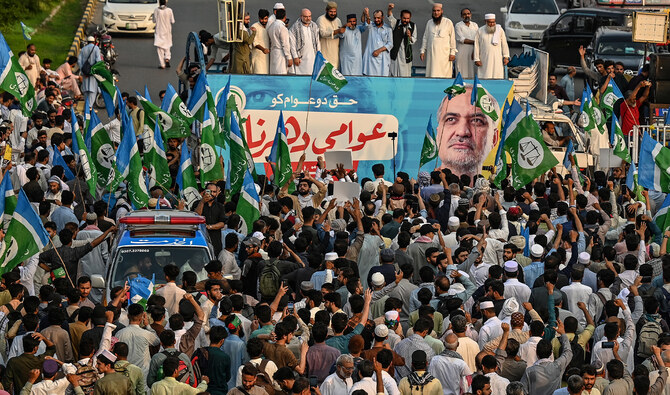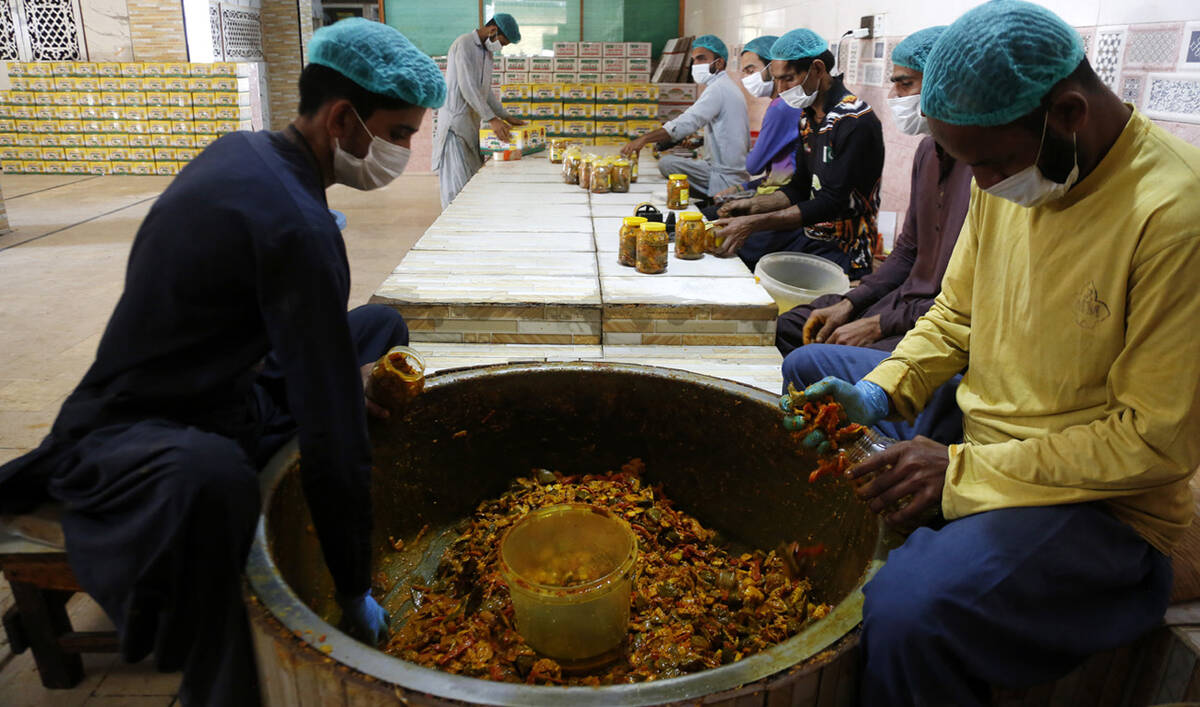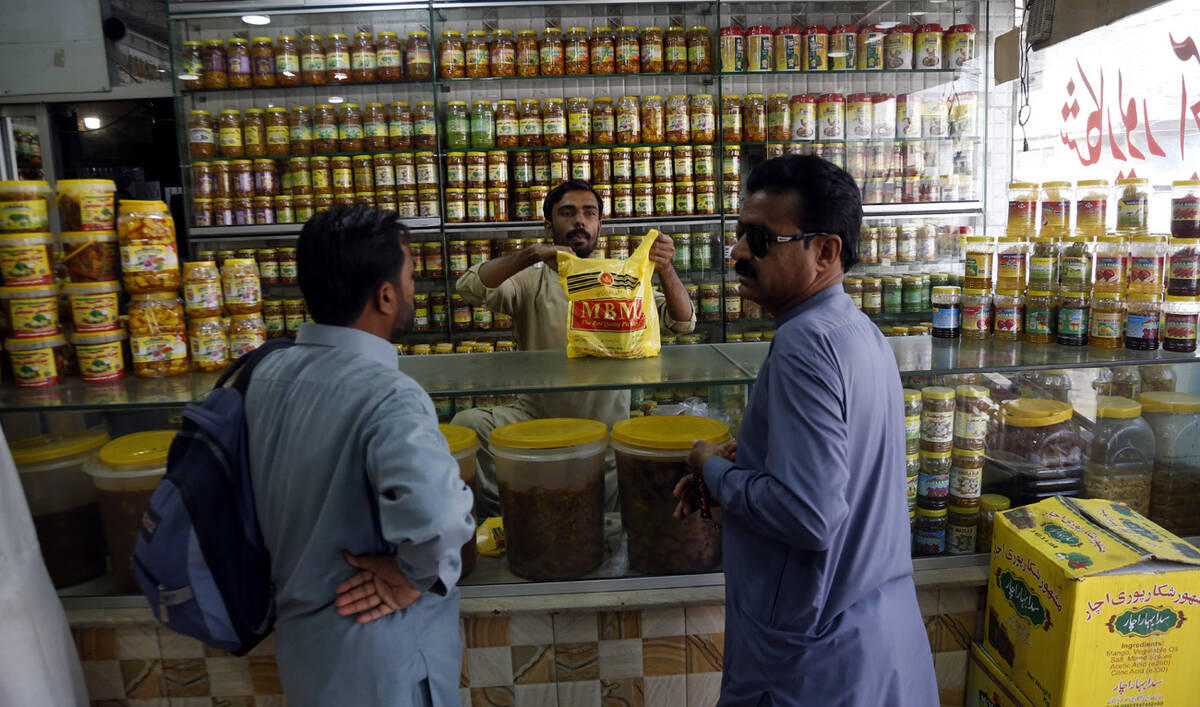ISLAMABAD: A major Pakistani religio-political party, the Jamaat-e-Islami (JI), and traders have announced a nationwide strike today, Wednesday, over rising electricity prices and brisk inflation, as the country embarks on a tricky path to economic recovery.
A two-week-long sit-in by the JI in Rawalpindi, a twin city to the Pakistani capital of Islamabad, to pressure the government to cut electricity bills and retract new taxes imposed in the budget 2024-25 was called off earlier this month after the party reached an agreement with the federal government.
As per the deal, the government promised to form a mechanism to reduce electricity prices and review contracts with independent power producers (IPPs) within 45 days. IPP agreements have come under scrutiny in recent weeks as households have received steep electricity bills. Many members of the public and independent policy analysts say Pakistan has been saddled with electricity bills it has no possibility of paying because of faulty contracts signed with IPPs, which produce expensive power.
Tough measures that are part of a 37-month $7 billion loan program IMF bailout deal signed last month, such as raising tax on agricultural incomes and raising electricity prices, have also prompted concerns about poor and middle class Pakistanis grappling with rising inflation and the prospect of higher taxes.
“We are holding a nationwide strike tomorrow [Wednesday] to tell the government to implement the agreement and extend relief to the public as early as possible,” top JI leader Liaqat Baloch told Arab News on Tuesday.
Baloch said his party was extending support to the country’s business community, which had announced a shutter-down strike to protest inflation, high electricity prices and additional taxes on traders.
“If the government fails to listen to genuine demands of the public and extend relief, we will be left with no option to start a long march toward Islamabad,” he said.
Baloch said his party had given “ample time” to the federal government to negotiate with IPPs to bring down electricity prices and review other options to reduce inflation and cut taxes, especially on the salaried class.
“We postponed our fourteen-day sit-in in Rawalpindi following the government’s promise to extend relief to the public,” Baloch said. “If the government fails to keep the promise, we will resume our nationwide protests.”
Traders have also announced a nationwide shutter-down strike against “hefty taxes” imposed on retailers through a Tajir Dost Scheme, a voluntary tax compliance program under which businesses can declare their assets and incomes and potentially receive benefits like reduced tax rates and simplified tax compliance procedures.
“Our businesses have reduced around seventy percent in a year due to the deteriorating economy while the government is imposing heavy taxes on traders who are struggling to keep afloat,” Ajmal Baloch, President of Markazi Anjuman Tajran Pakistan, a traders’ union, told Arab News.
“We have been demanding the government to withdraw these regressive tax measures that would adversely affect the economic growth in the country.”
Ajmal said traders would march toward Islamabad if their demands were not met through the one-day shutter-down strike.
“Every businessman in Pakistan is already paying hefty taxes,” he added, “so the government should immediately withdraw these additional tax measures.”
The government raised power prices 26 percent during the last fiscal year, which ended June 30, before tacking on another 20 percent increase on July 13. Officials say the increases were needed to meet conditions set by the International Monetary Fund for a $7 billion loan deal reached last month.
The government has also added a confusing bevy of taxes on top of the base price, adding up to a bill that has more than doubled for some Pakistanis.
























